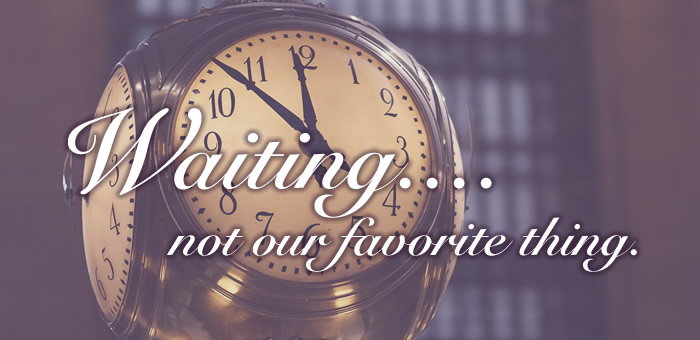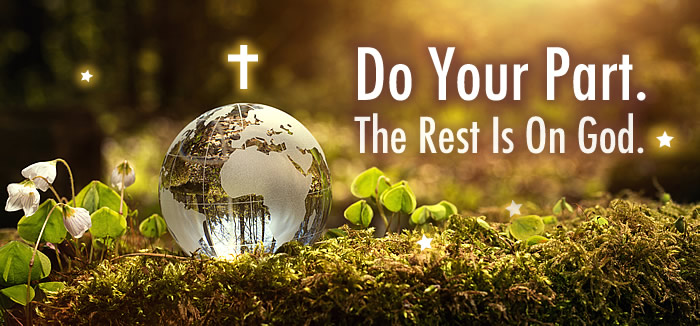
Webster defines joy as “a very glad feeling.” Theologians, as usual, complicate things by splitting joy in two: sensible joy and intellectual (spiritual) joy.
Sensible joy is easy to describe. Think of finishing your favorite meal done just the way you like it, or hearing your favorite song by the original band, or the smell of lilac on a sunny spring day. Joy may be either the action itself (the tasting, seeing, feeling) or the pleasant state that accompanies the achieving of this good thing. (This is the stuff we did for five years in the seminary!)
Spiritual joy is different. It may have similar feelings attached to it (gladness, cheeriness) but it goes deeper than something pleasing to the senses. It has its origin in an awareness of a “Good” that has been obtained through virtuous action.
For example swimmers exert themselves for months to train for the big meet. They experience joy when they see their efforts have paid off with their best time ever. The joy is in the awareness . . . “do you see what you have done? Your hard work has really paid off. You really are a fine swimmer! Let’s celebrate!!”
OR, you stuck with someone who was going through a hard time. Everyone was down on this person and any- one who hung out with them (you). You resisted all urges to run away and you never wavered in your friendship. Suddenly you both realize that this is what friendship really means. This is a joy!
Spiritual joy usually comes with some effort of the will, some “doing the right thing”. With little effort there is little joy.
So what are your moments of joy? Of laugh out loud happiness? A sense of wonder at this world’s beauty so strong it makes you choke up? Here’s a few of mine. What are yours?
Moments of Joy:
- Playing high school sports. There were moments when the joy of physical exertion and teamwork were indescribable.
- 21 yrs old. Standing on the 17th tee at Durand Eastman, suddenly knowing that Rochester is where I want- ed to live my life. (How did I know? I just did.)
- Handel’s Messiah. Pure joy. Also Samuel Barber’s “Adagio”. I can die in peace.
- A dream I had about God a long time ago. I can still feel what it was like.
- The change of seasons brings joy (and a sweet sadness sometimes which is a weird kind of joy too).
- Many memories of friends and their great kindnesses.
- The times (there have been many) of uncontrollable, fall on the ground, close to tears, laughter.
- Being a priest and seeing the Faith that crosses your face.
- Watching children be children. (A nine year old girl’s giggle . . . how can there not be a God?!).
- Knowing (because Christ said so) that it’s all going to turn out all right. Love wins. Darkness and hatred are on the losing team. Let’s spend this life doing the things He asked of us. This purpose in life brings joy.
Of course all moments of joy are simply a foretaste of the joy the Lord created us to experience . . . . the vision of the limitless beauty and goodness of God.
“Eye has not seen, ear has not heard, nor has it entered the mind what God has prepared for those who love Him.” 1 Cor. 2:9
Two weeks to go ……… wait ……………. Pray.
Fr. Tim










